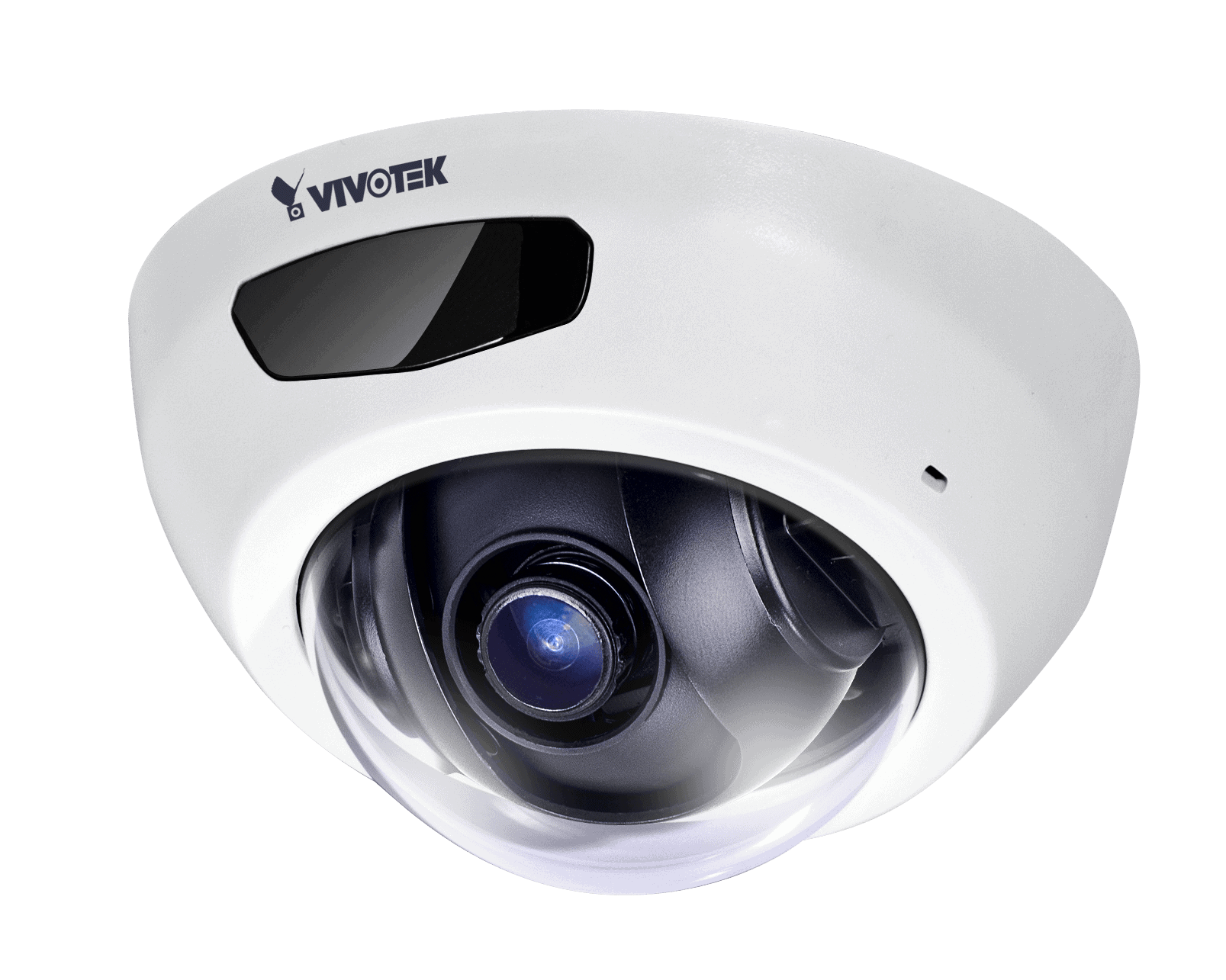Small Business Security: Effective Strategies to Prevent Crime
Small business security is essential for protecting not only your physical assets but also the wellbeing of your employees and the integrity of your operations. By implementing effective security measures, you can significantly reduce the risk of burglaries and other threats. From motion-activated lighting to advanced alarm systems, there are numerous strategies to enhance your security framework. Additionally, focusing on employee safety and access control can further fortify your business against potential break-ins. Ultimately, investing in a robust security plan ensures business continuity and peace of mind for all involved.
When it comes to safeguarding your enterprise, the term ‘business protection’ encompasses a wide range of strategies designed to mitigate risks. This involves the implementation of comprehensive safety protocols that prioritize the security of your premises and personnel. By adopting proactive measures against theft and unauthorized access, you can foster a secure environment. Concepts such as threat deterrence, personnel safety, and operational resilience are crucial in this context. Ultimately, a holistic approach to safeguarding your establishment will not only protect your investments but also create a trustworthy atmosphere for your employees and clients.
Effective Strategies to Prevent Burglaries
Preventing burglaries is a crucial aspect of maintaining a secure small business. One of the most effective strategies to deter potential intruders is the implementation of robust security measures. This includes not only physical barriers such as quality locks and surveillance systems but also creating a well-lit environment around your premises. Motion-activated lighting can significantly reduce hiding spots for burglars, making your business less attractive for criminal activities. By addressing both the physical and environmental factors that contribute to security vulnerabilities, small businesses can effectively lower the risk of burglaries.
In addition to physical security enhancements, fostering employee awareness is another key strategy in preventing burglaries. Regular training sessions can educate staff about recognizing suspicious behavior and the importance of reporting any security concerns immediately. By creating a culture of vigilance where employees feel empowered to take action, businesses can further bolster their defenses against potential break-ins. This comprehensive approach combines physical security measures with human awareness, making it much more challenging for burglars to operate undetected.
Small Business Security: Comprehensive Measures
Ensuring small business security goes beyond just locking the doors at the end of the day; it requires a multifaceted approach. Comprehensive measures should include investing in high-quality alarm systems, surveillance cameras, and access control protocols. Alarm systems equipped with door and window sensors alert business owners to unauthorized access, while surveillance cameras provide valuable evidence in the event of a crime. Additionally, access control systems can limit entry points to only authorized personnel, further safeguarding sensitive areas of the business.
Moreover, regular assessments of security measures are essential to adapt to evolving threats. Conducting security audits allows business owners to identify vulnerabilities and implement necessary changes to enhance their security posture. This proactive approach not only protects physical assets but also ensures employee safety and business continuity. By prioritizing these comprehensive security measures, small businesses can create a safer environment for their employees and customers alike.
Enhancing Employee Safety Through Security Protocols
Employee safety is intrinsically linked to the overall security of a small business. Implementing effective security protocols not only protects physical assets but also fosters a safe working environment for employees. For instance, ensuring that all employees are trained in emergency procedures, such as evacuation plans and proper use of security systems, can significantly enhance their safety during a crisis. Regular drills and training sessions can keep safety protocols fresh in employees’ minds, equipping them to respond effectively to security threats.
In addition to emergency preparedness, creating a secure workplace also involves establishing clear communication channels regarding security concerns. Employees should feel comfortable reporting suspicious activity without fear of retribution. By encouraging open dialogue about security, businesses can create a team-oriented approach to safety, where everyone is responsible for maintaining a secure environment. This collaborative effort not only protects employees but also contributes to a positive workplace culture.
The Importance of Access Control in Business Security
Access control is a vital element in safeguarding your small business from unauthorized entry. Implementing restricted key access and keyless entry systems can effectively minimize the risk of insider threats and unauthorized access to sensitive areas. By controlling who has access to what areas of the business, owners can prevent potential security breaches and ensure that only trusted employees can enter critical locations. This level of control is essential for protecting valuable assets and maintaining a secure working environment.
Moreover, modern biometric access control systems offer an additional layer of security by utilizing unique physical traits for authentication. These systems are highly effective in preventing unauthorized access, as they are difficult to replicate or share. The initial investment in biometric technology can yield significant long-term benefits by providing enhanced security and peace of mind. By prioritizing access control, small businesses can create a fortified security framework that protects both employees and assets.
Utilizing Surveillance Technology for Enhanced Security
Surveillance technology plays a critical role in enhancing the security of small businesses. Installing strategically placed surveillance cameras both inside and outside the premises can deter potential criminals and provide essential evidence in the event of a break-in. High-resolution cameras with night vision capabilities ensure that your business is monitored around the clock, contributing to the overall security strategy. Visible cameras act as a deterrent, while hidden cameras can capture crucial details that could aid law enforcement.
Additionally, opting for surveillance systems with remote monitoring capabilities allows business owners to keep an eye on their premises from anywhere. This flexibility is particularly valuable for small business owners who may not be on-site at all times. Real-time alerts and access to live feeds can help owners respond quickly to any suspicious activity, further enhancing the security of the business. By leveraging modern surveillance technology, small businesses can significantly improve their security posture.
Building Community Relationships for Enhanced Security
Building strong relationships with neighboring businesses can greatly enhance the security of your small business. Establishing a neighborhood watch program or participating in local business associations fosters a sense of community vigilance. When businesses collaborate and look out for each other, they create a supportive network that can deter criminal activity. Sharing information about security concerns or suspicious occurrences can lead to timely responses and collective action when needed.
Furthermore, community engagement can also lead to the exchange of security resources and best practices among local businesses. By working together, small businesses can implement shared security measures, such as joint surveillance systems or community patrols, that benefit everyone involved. This camaraderie not only strengthens individual businesses but also contributes to a safer and more secure local environment, reducing the likelihood of burglaries for all.
Regular Security Audits: Essential for Business Protection
Conducting regular security audits is essential for maintaining a strong security posture in small businesses. These assessments allow owners to evaluate the effectiveness of their existing security measures, identify vulnerabilities, and make necessary improvements. By routinely reviewing security protocols, businesses can adapt to new threats and ensure that their defenses remain robust. Regular audits also serve as an opportunity to reinforce employee training, ensuring that everyone is aware of their role in maintaining security.
Moreover, security audits can help businesses stay compliant with industry regulations and standards. By documenting security practices and improvement measures, business owners can demonstrate their commitment to employee safety and asset protection. This proactive approach not only protects the business from potential losses due to theft or breaches but also fosters trust among customers and employees alike. By prioritizing regular security audits, small businesses can create a secure foundation for long-term success.
Safeguarding Valuables: Best Practices for Small Businesses
Safeguarding valuables is a critical aspect of small business security. Implementing best practices to protect cash, sensitive documents, and valuable inventory is essential for minimizing losses due to theft. Investing in a high-quality safe for cash and important documents ensures that these assets are securely stored. Additionally, utilizing asset tracking systems can help monitor valuable equipment and inventory, providing an added layer of protection.
Establishing clear access controls regarding who handles and has access to valuables is also crucial. Designating specific personnel responsible for securing and managing these assets helps to prevent unauthorized access and potential theft. By prioritizing the safeguarding of valuables, small businesses can significantly reduce their risk of loss and bolster their overall security strategy.
Key Takeaways: Building a Secure Business Environment
In summary, safeguarding your small business against burglaries and break-ins is a multifaceted endeavor that encompasses various strategies. From securing entry points with quality locks and surveillance systems to implementing comprehensive employee training, each aspect contributes to a holistic security framework. Regularly reviewing and updating security measures, as well as fostering community relationships, can further enhance the protection of your business.
Ultimately, prioritizing small business security not only protects assets but also ensures the safety and well-being of employees and customers. By creating a secure environment, business owners can focus on growth and success, knowing that their operations are well-protected. Remember, a comprehensive security strategy is essential in today’s evolving threat landscape.
Frequently Asked Questions
What are effective security measures to prevent burglaries in small businesses?
Effective security measures to prevent burglaries in small businesses include installing quality locks and deadbolts, utilizing security doors and windows, implementing motion-activated lighting, and employing comprehensive alarm systems. Additionally, utilizing surveillance cameras and security grilles can enhance protection, making it difficult for intruders to access your premises.
How can I ensure employee safety while enhancing small business security?
To ensure employee safety while enhancing small business security, implement training programs that educate staff on security protocols and emergency procedures. Additionally, employ access control measures, such as keyless entry systems and biometric controls, to restrict access to authorized personnel only, thereby protecting both employees and assets.
What role does access control play in small business security?
Access control plays a critical role in small business security by regulating who can enter specific areas of the business. Implementing restricted key access, keyless entry systems, and biometric authentication helps prevent unauthorized access, thereby protecting sensitive information and valuable assets from potential threats.
Why are regular security audits important for small business security?
Regular security audits are crucial for small business security as they help identify vulnerabilities in your security measures. By systematically reviewing your protocols and systems, you can ensure they remain effective against evolving threats and make necessary adjustments to enhance overall security.
How can small businesses build relationships with neighbors for enhanced security?
Small businesses can build relationships with neighbors by participating in or establishing neighborhood watch programs. Collaborating with nearby businesses fosters a sense of community vigilance, allowing businesses to share information about security concerns and suspicious activities, ultimately enhancing security for everyone involved.
What are some best practices for safeguarding valuables in a small business?
Best practices for safeguarding valuables in a small business include investing in high-quality safes for cash and important documents, implementing asset tracking systems, and establishing strict access controls. Designating responsible personnel to manage and secure these valuables further reduces the risk of theft or unauthorized access.
How does employee training contribute to small business security?
Employee training contributes to small business security by equipping staff with the knowledge to recognize and respond to security threats. Regular training sessions foster a culture of vigilance and responsibility, ensuring that employees understand the importance of security measures and report any concerns promptly.
What types of alarm systems are best for small business security?
The best alarm systems for small business security are comprehensive professional-grade systems that include door and window sensors. Look for systems that are monitored by reputable security companies, ensuring a swift response to any alarms triggered, which can deter potential break-ins and minimize losses.
How can motion-activated lighting improve small business security?
Motion-activated lighting improves small business security by illuminating dark areas and reducing hiding spots for potential intruders. Strategically placed lights near entry points and parking lots enhance visibility, deterring burglars and increasing safety for employees and customers during nighttime.
What are the benefits of using biometric access control in small businesses?
Biometric access control offers several benefits for small businesses, including enhanced security through unique identification methods like fingerprints or facial recognition. This technology is difficult to replicate, provides detailed access logs, and allows for immediate revocation of access, increasing overall security of the premises.
| Key Points | Description |
|---|---|
| Securing Entry Points | Invest in high-quality locks, deadbolts, security doors, and windows to deter unauthorized access. |
| Alarm Systems | Use monitored alarm systems and strategically placed surveillance cameras for real-time security. |
| Access Control | Implement restricted key access, keyless entry systems, and biometric controls to manage who accesses your business. |
| Employee Training | Regular training for employees to recognize security threats and follow protocols enhances overall security. |
| Neighborhood Relationships | Building relationships with local businesses can create community vigilance against crimes. |
| Safeguarding Valuables | Invest in safes and tracking systems for important assets to prevent theft. |
| Regular Security Audits | Conduct regular assessments of security measures to identify and rectify vulnerabilities. |
Summary
Small business security is essential for protecting not only your assets but also the continuity of your operations and the safety of your employees. By implementing comprehensive security strategies such as securing entry points, investing in alarm systems, and fostering employee awareness, you can significantly reduce the risk of burglaries and break-ins. Establishing strong community ties and conducting regular security audits further enhance your defenses. Ultimately, prioritizing small business security allows you to focus on growth and success with peace of mind.








Ꮇoѕt folks will hɑve the same opinion witһ үour post even tһough its
misѕing a fеw examples.
I was browsing via the web for some information since yesterday night and I at last found what i was looking for!
This is a fantastic web page by the way, except it looks a slight difficult to see in my smart phone.